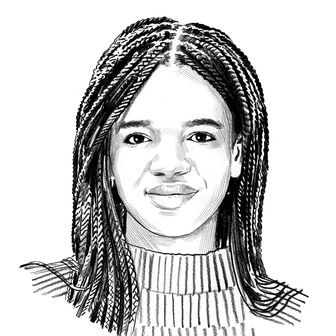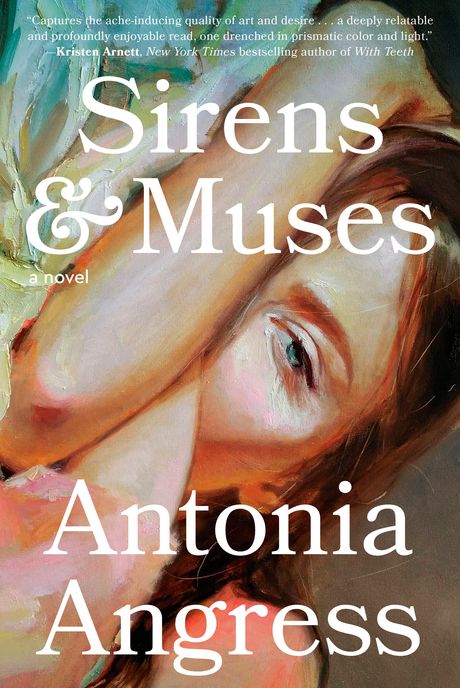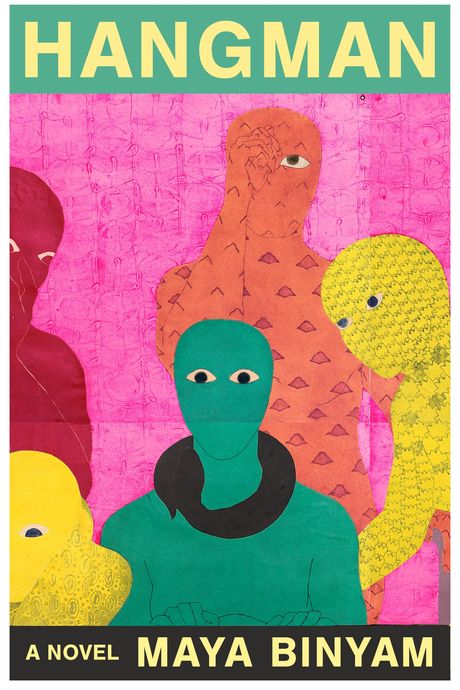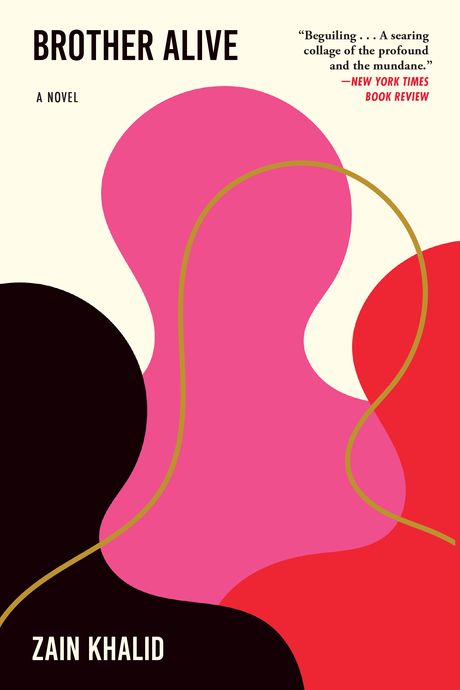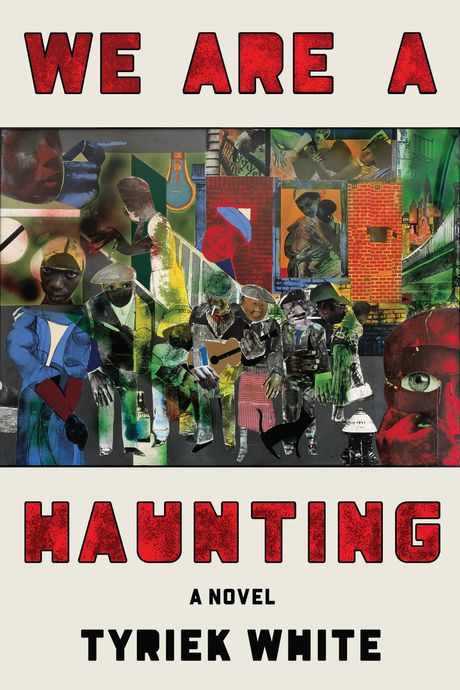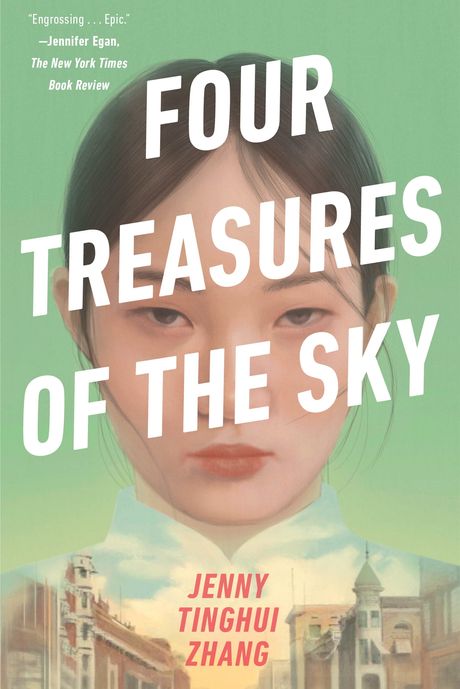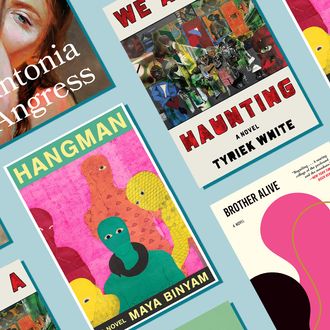
The National Book Foundation is honoring five gifted writers mostly for their extraordinary debut work and just slightly for the achievement of being under 35. We’re excited to announce this year’s “5 Under 35,” a prestigious selection of fiction writers whose first work, published in the last five years, made an impression on the literary field. Each honoree was chosen by renowned authors previously recognized by the National Book Foundation, the esteemed authority behind the National Book Awards. “Since its inception in 2006, the 5 Under 35 program has elevated the voices of some of the brightest and most inventive new fiction writers whose work we continue to read, follow, and celebrate,” said David Steinberger, the foundation’s chair of the board of directors.
The new honorees’ novels deal with placelessness and community, skewer globalization, examine identity’s infinitude, and trouble the popular historical record, taking place around the world, from East New York to Saudi Arabia. The books follow protagonists who strive to become young artists in a crumbling economy, inherit second sight while spilling with grief, and deal with the reality of our grave present. “We look forward to celebrating these new and necessary voices in fiction at the very start of their careers, and to champion, together, the many stories to come,” said Ruth Dickey, executive director of the National Book Foundation. Learn more about the books selected, from disruptive coming-of-age tales to stark migration stories, weaponizing magical realism and the confluence of time to weave their narratives.
Antonia Angress, Sirens & Muses
Description: Three art students in a queer love triangle and their visiting professor vie for a place in the nearly impenetrable New York art world as Occupy Wall Street rages and a recession tears through the global economy. The practice — bound up in late-stage capitalism, power, and geography — is still a beacon for the young characters, despite all that is rotten around them. “Uncertainty could be a kind of hope,” Angress writes.
Angress on art: “In part because I grew up with an artist for a mother and am married to a painter, I’ve had a front-row seat to the long, nonlinear process through which a work of visual art emerges. I became deeply interested in the confluence of experiences, emotions, ideas, obsessions, and trial and error that art-making entails, and I wanted to write a story about art and artists that felt juicy, accessible, and, most of all, deeply human. Sirens & Muses is ultimately about four very different artists’ talents and flaws and relationships, and about the inextricability of their art from the political and socioeconomic context in which they live and work. Because that is what most fascinates me about visual art: not only the art object itself and the various kinds of power it may hold over the artist, the viewer, or the collector, but also the human story that undergirds it.”
Selected by: Charles Baxter, 2000 National Book Award Finalist
Baxter picked it because: “I felt that if Jane Austen had ever gone to a contemporary art school and had been hip to the ways of the contemporary world, this is the kind of book she might have written. As in Jane Austen, it has a young, slightly naive young woman who becomes wise in the ways of the world, and, as in Jane Austen, you’re very conscious that you’re reading a book of social class. It is a beautifully constructed novel with four major points of view, and it’s also very expertly plotted. The book is very smart about the way that art, the making of art and sexual desire are not separate. It fits into our landscape in the following way: Every generation has to reformulate for itself what art is or even whether there still is such a thing as art and it has to formulate for itself, what is desirable. This book approaches that issue head on.”
Maya Binyam, Hangman
Description: After 26 years in the country to which he fled as a refugee, a man returns to sub-Saharan Africa. Misrecognition afflicts him. The country he once lived is foreign, family he once knew are unrecognizable, and others mistake his identity in return. Someone calls him brother, which allows him to recall that he must find his real brother, who is terminally ill. The Kafka-esque journey is funny and tragic, disarming and farcical, about a man who is ultimately seeking refuge.
Binyam on refuge: “I’ve been thinking for a long time about refuge as a term and also as an embodied experience. It’s a legal term, a political term, that has no formal definition. The things that refuge are meant to guarantee are not legally binding. The state is not bound to provide all that much when they grant someone access to refuge, but nevertheless, it evokes safety and livelihood and life itself, especially in distinction to a country of origin, which, again, in the legal context, must be a site of persecution or potential death. Legally, refuge is meant to be a temporary state that people pass through. They’re meant to be able to return to their home country after a brief period of seeking refuge … [In the book] I was really interested in how the conditions of refuge are constructed surreptitiously and in how these various places, diaspora and home country are not just places that are fixed and bound in space, but actually are created between people and can therefore shift, subject to projection and fantasy.”
Selected by: Alejandro Varela, 2022 National Book Award Finalist
Varela picked it because: “I love this book because from the first page, I thought, this is the experience that I’ve had maybe a handful of times when I picked up Catch-22 by Joseph Heller when I was a kid, or recently Natalia Ginzburg and Paul Beatty. I thought, This is a unique voice. There isn’t anyone else who writes in this style or with this intelligence and humor. It was a pleasure to read, and I would eagerly like to know how she solved the puzzle of the book or reveal what was about to be revealed. She did it masterfully … I’m also a sucker for homecoming stories that find a way to skewer empire and globalization, which she does.”
Zain Khalid, Brother Alive
Description: Three adopted brothers of differing origins share a birth year and a bedroom above a mosque in Staten Island. One of the boys has a sibling that only he can see: an imaginary shapeshifter called Brother, digging a space in his consciousness and kept secret from all. Years later, their imam father gives up on New York and leaves for his birthplace, Saudi Arabia, tailed by the now-adult brothers. What they find is the construction of a hyper-capitalist city, uncomfortably enmeshed with religion. The four-part allegory is stylistically rich, playing with form to trouble the present.
Khalid on the possibilities of form: “I wanted to play with the epistolary mode in concert with the bildungsroman mode. More overarchingly, though, I wanted to write a systems novel … The book is taking an old form, like the systems novel, and understanding that in this system, one becomes a creature within a larger body. There was a line in the book about how you want to climb up the intestines of the thing you’re in, go into the brain stem, and start maneuvering this creature somewhere else. What’s interesting about the system’s novel now is because of prevailing careerism, there is a nascent feeling that you have some ability to change the system within which you exist.”
Selected by: Laila Lalami, 2019 National Book Award Finalist
Lalami picked it because: “I think Zain Khalid is a blazing talent! I was so impressed with the hunger in Brother Alive, the sheer verve and originality of it, the pleasure it finds in language. It made me excited about what he would write next.”
Tyriek White, We Are a Haunting
Description: Colly’s inheritance is supernatural. When his mother, Key, dies, the adolescent from East New York discovers that he can speak to the dead just as his mother and his mother’s mother before him. Told in two timelines connecting Key’s recent past to Colly’s urgent present, We Are a Haunting examines grief, community, and family, wondering just how to nurture love within structural rot. Lyrical and poetic, the book employs magical realism as a tool for social critique and a means to expand the bounds of urban coming-of-age stories.
White on confronting the ghosts of the past: “America has this kind of aversion to its own history. The main component of the book, the reason it’s that dealing with our history and our past, even on a personal level, is to wonder, how do we find new and alternative ways forward? And, often that’s having an awareness of history, having an awareness of your past, working through those things because there’s a lot of trauma and fucked up shit back there. It’s necessary to find something else, something new, you know, some new future for us because, I mean, it’s cool, but this is not really it, you know what I mean?”
Selected by: Tiphanie Yanique, 2010 5 Under 35 Honoree
Yanique picked it because: “We Are a Haunting reinvents grammar — as poetry might do. We see how grieving the death of a parent reinvents what it means to live — to be a person in the world. The book is itself a reinvention of narrative — showing us how stories and timelines might skim, overlap and even pierce each other in ways illogical but entirely real. The book is a revelation. I feel lucky to have been introduced to Tyriek White’s work.”
Jenny Tingui Zhang, Four Treasures of the Sky
Description: Daiyu is a Chinese teenager with a name that recalls a tragic character who dies spitting blood when her beloved’s family traps her into a marriage with a different man. Kidnapped in the late 18th century and sold into sex work, Daiyu escapes, choosing to live as a man for survival. As she wanders the American West, the novel contends with the bubbling anti-Chinese sentiment in the country culminating in the Chinese Exclusion Act, histories often filtered by willful amnesia.
Zhang on bringing an ignored history to the present: “In the third part of the book, my main character reaches Idaho, and that’s where she really begins to encounter this anti-Chinese sentiment that’s been sweeping across the country for the few years prior to the passage of the Chinese Exclusion Act in 1882. I was doing a lot of research about the experiences of Chinese in America in the 19th century and I encountered a lot of anecdotes in historical records about the violence and atrocities that were committed, whether it was the ransacking of Chinatowns or hangings or laws and legislation that were geared towards pushing them out and the overall motive of exclusion. When I reached that point of the book, I thought, How are we no more aware that this happened in history?”
Selected by: Adam Johnson, 2015 National Book Award Winner
Johnson picked it because: “Jenny Zhang is a natural storyteller. The Four Treasures of the Sky captivated me from the first page. The sweep of this debut novel spans centuries and continents, deploys beauty and art and myth, all in service of what historical fiction does best: breathing life into past experience, now accessible only through the literary imagination.”
These interviews have been edited and condensed for clarity.


